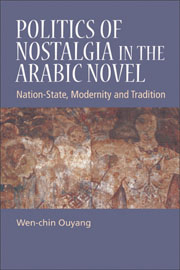Epilogue - Post-national Impulses
Published online by Cambridge University Press: 05 August 2013
Summary
ALL AT ONCE HERITAGE IS EVERYWHERE – in the news, in the movies, in the marketplace – in everything from galaxies to genes. It is the chief focus of patriotism and a prime lure of tourism. One can barely move without bumping into a heritage site. Every legacy is cherished. From ethnic roots to history theme parks, Hollywood to the Holocaust, the whole world is busy lauding – or lamenting – some past, be it fact or fiction.
Why this rash of backward-looking concern? What makes heritage so crucial in a world beset by poverty and hunger, enmity and strife? We seek comfort in past bequests partly to allay these griefs. In recoiling from grievous loss or fending off a fearsome future, people the world over revert to ancestral legacies. As hopes of progress fade, heritage consoles us with tradition. Against what's dreadful and dreaded today, heritage is good – indeed, the first known use of the term is Psalm 16's ‘goodly heritage’.
David Lowenthal, Possessed by the Past, pp. x–xiLowenthal is here speaking of what he calls ‘Heritage Crusades’, or a variety of practices that seek to revere, even sanctify, traces, remnants and objects belonging to the past that points to a plurality of our possible links with the past, including history, tradition, memory and myth today. To be Possessed by the Past (1996) is responsive to contemporary alienation from the past, when The Past is a Foreign Country (1985).
- Type
- Chapter
- Information
- Politics of Nostalgia in the Arabic NovelNation-State, Modernity and Tradition, pp. 224 - 227Publisher: Edinburgh University PressPrint publication year: 2013



